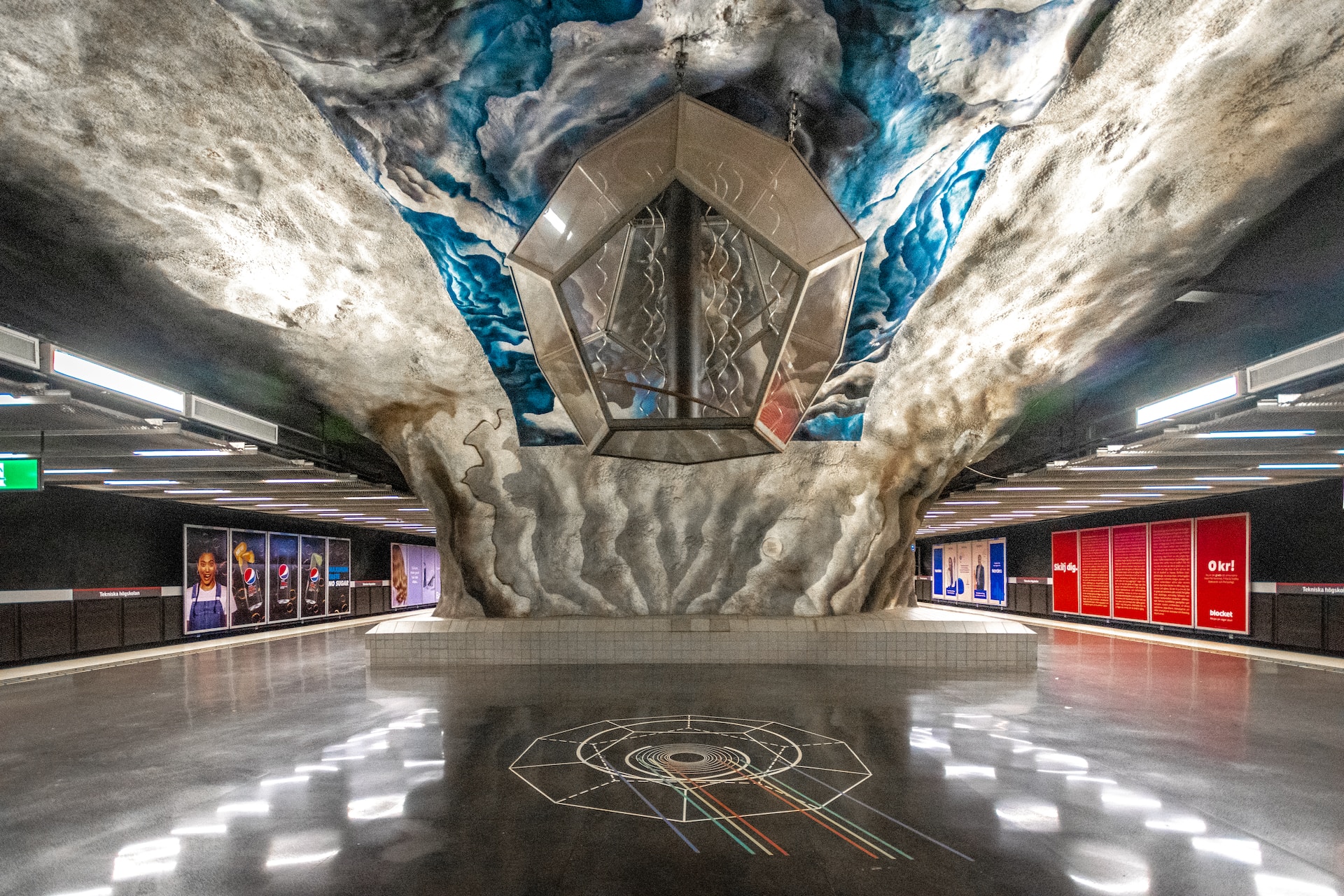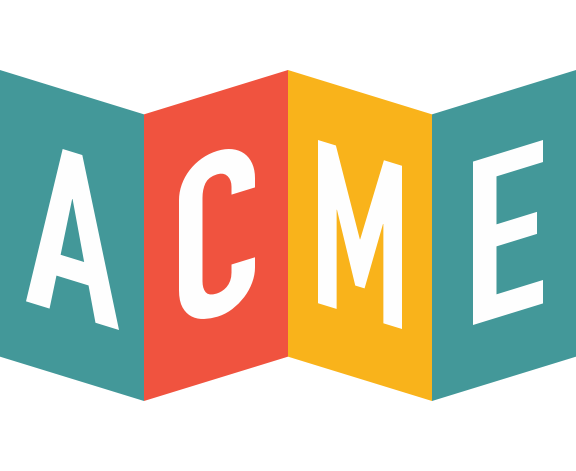
Empty Museums: Why Museums Needs Visitors
Museums are experiencing their own form of an epidemic, and it has to do with the lack of visitors perusing their now-empty halls.
While we’re still struggling with some challenges from the COVID-19 pandemic, public spaces and businesses are starting to open their doors, and it’s vital that museums start seeing more visitors in person.
Yes, museums still need to have a safe and robust remote-visiting experience through online tours, virtual reality tours, and digital museum experiences, but in-person interaction with real art, artifacts, and science exhibits is necessary to museums, visitors, and local communities.
Below we’ll go over why museums need to encourage in-person visits today.
Art as education
Of course, museums are fun. It’s exciting to visit a beautifully adorned venu with rare artifacts, beautiful pieces of art, and interactive science and technology-related experiences. But museums are also important for learning.
There’s a good reason why grade school students take visits to museums and other educational venues every year. A recent study out of the International Journal of Educational Research found a correlation between museum visits and cognitive development in children. The study looked at two randomized controlled trial groups and found a 14.1% increase in students’ cognitive scores for those who regularly attended museums.
One of the study’s final hypotheses underscores the importance of informal learning settings and the effects they have on children. Museums have long since been one of the most sought after and important informal learning settings for children’s education, and physically visiting a museum will be a difficult experience to replace.
Art as communication
Art has the ability to convey ideas and communicate viewpoints and perspectives in a way that has strong impacts on viewers. Like with storytelling, the power of art is not in the facts or the historical information that it’s communicating, but in the experience that it creates surrounding a certain subject matter.
Museums like The House of Terror in Budapest, which contains exhibits relating to the fascist regimes of 20th century Hungary, or the Holocaust Memorial in Berlin allows visitors to not just learn about the atrocities of those specific times, but to experience what it was like for people living during those time periods.
While many of these museums are highly informational, they present works of art, real photographs and videos, and develop an atmosphere that immerses visitors into the historical significance and tragedies of the past.
While individuals can read about historical and social movements through books or on websites, museums and art have the ability to provide an interactive, tangible experience that visitors will never forget.
Art as social interaction
Humans are social creatures. The pandemic taught us this lesson the hard way, and it’s important, now as vaccines continue to roll out and public spaces begin opening, that we are able to connect socially in a safe and responsible manner.
For decades, museums have functioned as one of the major points of dialogue in a community and around specific themes. They bring people together around common causes and allow them to enjoy works of art, history, and science in a shared, social environment.
And now that augmented reality and digital technologies have become commonplace in many museums, people are expecting and looking forward to the social aspect of visiting a museum with their friends and loved ones.
ACME can help you reach your visitors
Now that museums are beginning to open their doors to the public, you need a reliable way to effectively reach out and communicate to your old visitors and members.
ACME’s powerful CRM integrations will allow you track, contact, and identify visiting trends with ease. Utilize ACME’s data retention technology and open APIs to identify, manage, and organize everything you need to create an efficient and smart marketing strategy.
Signup for a free demo here.

